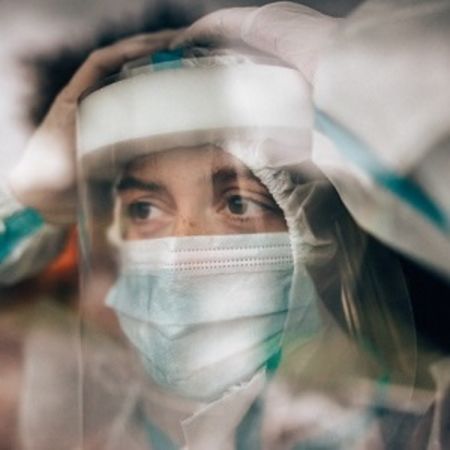Around the world, government leaders and advisors are planning strategies for mitigating Omicron impact, which infects previously vaccinated individuals. Although Onicrom produces less severe disease than earlier COVID-19 strains, the variant’s substantially greater transmissibility creates other problems. Massive staffing shortages resulting from illness and self-isolation can shut down businesses and critical services.
The U.S. is concentrating its efforts on promoting mass testing and booster vaccinations. Given that testing shortages are happening due to Omicron’s rapid spread, U.S President Joe Biden said his administration would distribute 500 million free at-home testing kits and boost supply using the Defense Production Act. To address labour shortages, many U.S. locales have shortened quarantines to five days for critical workers, including those in education, healthcare, transportation, grocery stores, and sanitation. The U.S. Centers for Disease Control and Prevention shortened its recommended self-isolation period for infected healthcare workers from 10 days to five. Many businesses, including CNN, have shut down offices to non-essential employees. This surge has spread among the U.S. armed forces. Two U.S. Navy warships have been docked due to the virus’s spread among vaccinated crews.
In Israel, at the Sheba Medical Center in Ramat Gan, a study of immunity conferred by a fourth COVID-19 vaccine dose is underway among medical personnel vaccinated with a booster in August. However, Israel might authorize a fourth dose before receiving trial results, depending on if the situation substantially escalates.
In the U.K., Scotland, Wales, and Northern Ireland have already imposed limits on public and private gatherings to prevent virus spreader events. England has not yet set similar rules due to pressures from the ruling Conservative Party.
Meanwhile, France has loosened its isolation and quarantine guidelines for vaccinated people exposed to the virus to protect its economy, but employees should work remotely for three days a week where relevant. France’s COVID-19 health pass will be transformed into a vaccine pass that includes the booster shoot. Currently, a negative test is needed for employees with contact with the public. Prime Minister Jean Castex said that the vaccine pass is meant to “put the pressure on the non-vaccinated” and reduce the burden on France’s healthcare system. More stringent health passes have been in effect elsewhere in the EU, including Germany and Italy, which mandate mandatory health passes for all employees.
China is maintaining a Zero-COVID Strategy to stamp out SARS-CoV-2 transmission. Although little over 800 cases have been observed since December 9th in Xi’an of Shaanxi Province, this city of 13 million is now under total lockdown. Xi’an residents cannot stock up on food or other necessities since they are also barred from shopping, nor can they leave the city without employer or community authority clearance. Officials have also banned non-essential vehicles
Sources:The New York Times, Reuters, The Guardian, RFI, The Wall Street Journal



























